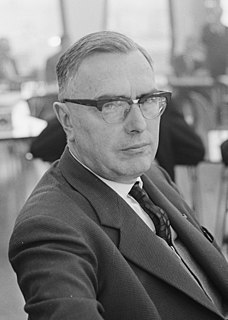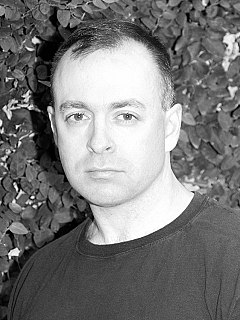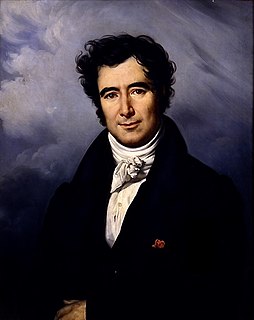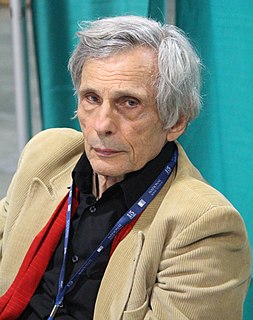A Quote by Woody Allen
His lack of education is more than compensated for by his keenly developed moral bankruptcy.
Quote Topics
Related Quotes
Many people have written about the economic meaning of globalization; in One World Peter Singer explains its moral meaning. His position is carefully developed, his tone is moderate, but his conclusions are radical and profound. No political theorist or moral philosopher, no public official or political activist, can afford to ignore his arguments.
The challenge of abating one with a genuine ego problem is to not try to put him down. Any and all antagonization, in his mind, is merely compensated for by his own descriptions: his feelings of persecution by the envious and his ideals of worth. Arguably, the genuine ego is more of a circumstantial defense mechanism rather than a steady arrogance in need of starvation.
Still, even the most admirable of atheists is nothing more than a moral parasite, living his life based on borrowed ethics. This is why, when pressed, the atheist will often attempt to hide his lack of conviction in his own beliefs behind some poorly formulated utilitarianism, or argue that he acts out of altruistic self-interest. But this is only post-facto rationalization, not reason or rational behavior.
Orwell was dealing with communism and his disillusionment with communism in Russia and what he saw the communists do in Spain. His novel was a response to those political situations. Whereas I was interested in more things than the political atmosphere. I was considering the whole social atmosphere: the impact of TV and radio and the lack of education. I could see the coming event of schoolteachers not teaching reading anymore. The less they taught, the more you wouldn't need books.
I was often humiliated to see men disputing for a piece of bread, just as animals might have done. My feelings on this subject have very much altered since I have been personally exposed to the tortures of hunger. I have discovered, in fact, that a man, whatever may have been his origin, his education, and his habits, is governed, under certain circumstances, much more by his stomach than by his intelligence and his heart.







































